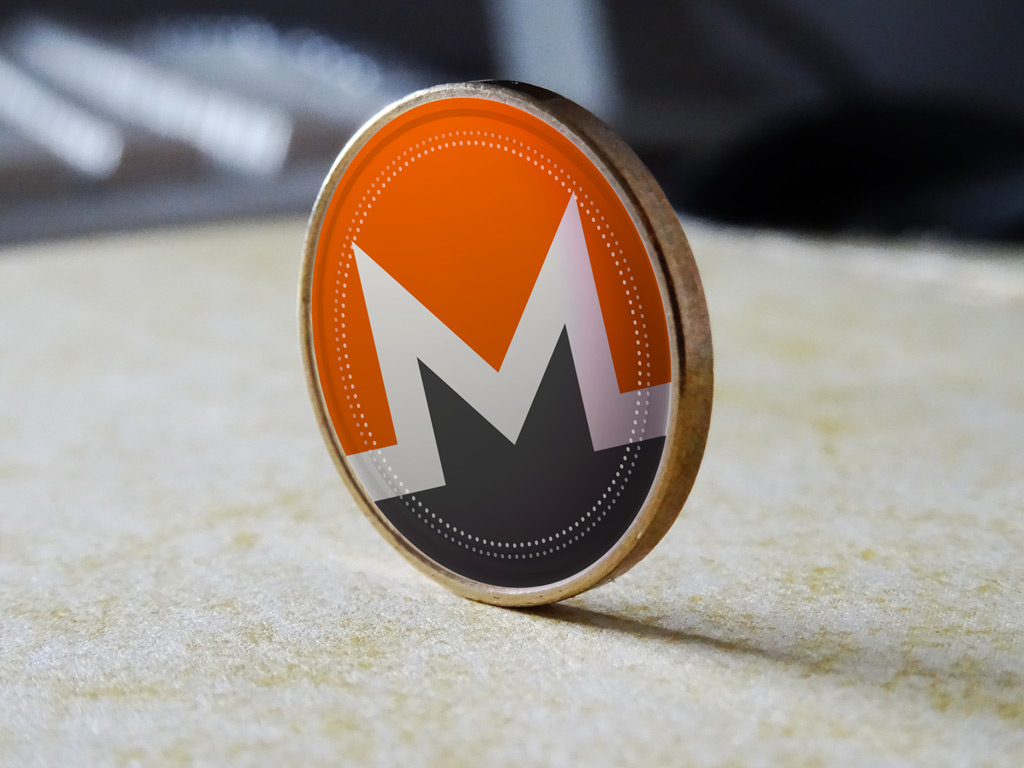TOP ALTCOINS YOU NEED TO KNOW
Still feeling awkward about Altcoins? In all sincerity, the cryptocurrency sphere has continually waved dramatically with Bitcoin having existed for over a decade.
What Are Altcoins?
Altcoins are practically the other cryptocurrencies launched after the success of Bitcoin. Basically, they sell themselves as better alternatives to Bitcoin. The term “altcoins” refers to all cryptocurrencies other than Bitcoin. As of early 2020, there were more than 5,000 cryptocurrencies by some estimates. According to CoinMarketCap, altcoins accounted for over 34% of the total cryptocurrency market in February 2020.
Although Bitcoin outclasses other cryptocurrencies in terms of popularity, user base and market capitalization, it’s undeniable that many other cryptocurrencies are waxing strongly.
Types of Altcoins
As altcoins evolved, specific categories emerged continually. Some of the main types of altcoins include mining-based cryptocurrencies, stablecoins, security tokens, and utility tokens. There is also some movement toward separating most of these concepts from altcoins. If that movement continues, altcoins might refer only to mining-based cryptocurrencies other than Bitcoin in the future.
It is possible for an altcoin to fall into more than one category but for the purpose of this article we will be vertical and direct.
a.Mining-Based
These altcoins have a mining process by which new coins are generated by solving challenging problems to unlock series or sequence of blocks within the crypto ecosystem. They are more similar to Bitcoin than other altcoins. Most of the top altcoins in early 2020 fell into this category. Ethereum was the best known mining-based altcoin as of February 2020.More research and studies is needed to determine if Etherium still tops that list.
b.Stablecoins
Stablecoins, unarguably functions as an improvement on Bitcoin by reducing and absorbing its volatility, as well as other altcoin. In actual practice, this is achieved by pairing the value of the coins to existing currencies. Popular choices for backing altcoins include the U.S. dollar, the euro, and gold. According to reports, Facebook’s Libra is by far the most famous stablecoin, even though it had not launched yet as of January 2020.
c. Security Tokens
These altcoins are linked to a business, and they often launch in an initial coin offering (ICO). Security tokens looks more like traditional stocks, and they often promise some type of dividend like payout or ownership in a business. However, majority of the ICO in existence ends up as scams. So extreme caution must be taken when getting involved as an investor.
d. Utility Tokens
Utility tokens provide a claim on services, and they are sometimes sold as part of an ICO. Filecoin is an excellent example of a utility token offered in an ICO. Filecoins are designed to be exchangeable for decentralized file storage space.
Under many circumstances, Bitcoin may be the cryptocurrency that first occupies your mind when thinking of digital currencies. However in reality, there are alternative cryptocurrencies to Bitcoin. While these Bitcoin alternatives are otherwise described as altcoins, below is a list of the top 10 altcoins that you need to know.
♦Also Check out:
1.Ethereum

This is widely regarded as the most popular alternative to Bitcoin. As a decentralized software platform with a self-developed token (Ether), Ethereum paves the way for developers to build decentralized apps (dApps) and smart contracts that can be run (on the platform) without the fear of any third-party invasion.
Coming behind only first-placed Bitcoin, Ethereum’s Ether is the second largest cryptocurrency in terms of market capitalization.
2.Litecoin

Regarded as a brainchild of Charlie Lee, Litecoin works on the basis of a decentralized open-source global payment network. While Litecoin is generously considered one of the earliest digital currencies to have emulated Bitcoin, it is currently the world’s sixth largest cryptocurrency.
3.Ripple

Ripple maintains a high degree of divergence from the other altcoins since it doesn’t necessitate any form of mining. Basically, Ripple is a global network that guarantees banks the ease of settling international payments. Importantly, Ripple provides banks with a cost-effective means of executing transparent cross-border payments in real time.
4.Bitcoin Cash

Bitcoin Cash constitutes the first and “most successful” digital assets forked out of the original Bitcoin, hence maintaining a vital position among altcoins. Following its split from the original Bitcoin, Bitcoin Cash came into inception in 2017 and in January 2020, it was reported as having hit $4.4 billion in market capitalization.
5.Monero

This is an open-source digital currency developed through the donations and commitments of various cryptography enthusiasts. Broadly, Monero is a private, safe and difficult-to-track cryptocurrency launched in 2014. Notably, Monero was developed to serve as a scalable and decentralized crypto platform with the assurance of absolute privacy.
6.Binance Coin

Established in 2017 and serving as the standard token of the Binance crypto exchange platform, Binance Coin is a token that enables traders on the Binance platform to trade in various cryptocurrencies without any hassle. With Binance Coin, traders on the Binance platform can conveniently make expeditious payments for services.
7.Libra

Sometime in 2018, some rumours making waves on social media indicated that Facebook was in the process of creating its own cryptocurrency. This sparked lots of suspense among crypto enthusiasts, considering that Facebook is a globally renowned social media giant. Despite the hype cast around the expected Facebook-developed cryptocurrency (Libra), reports as of January, 2020, claimed that nothing of such had been launched.
8.Bitcoin SV

With its SV symbolizing “Satoshi Vision”, Bitcoin SV is a cryptocurrency forked out of Bitcoin Cash and its creators have contended that it paves the way for scalability, gives room for new developments and redeems the original protocol of Satoshi Nakamoto (the developer of Bitcoin).
9.Tether

With the vision of minimizing the volatility associated with cryptocurrencies, experts began emerging with a lineup of cryptocurrencies called stablecoins. Interestingly, Tether is touted as one of the prominent and earliest players among these cryptocurrencies (stablecoins).
Notably, these stablecoins (inclusive of Tether) are aimed at winning over the interest of cautious crypto investors by helping to get rid of price fluctuations.
10.EOS

Originated by Dan Larimer who is a crypto expert and proprietor of Steemit (a blockchain-specific social network), EOS constitutes the wave-making digital currencies launched in the recent past. Precisely, EOS came into inception in 2018 and it provides developers with a platform for the development of decentralized apps.
Conclusion
Hopefully, reviewing this article has helped you realize that there are dozens of high-performing alternatives to Bitcoin. Advisably, you should consider essential parameters (such as market capitalization, security and user base) in any attempt to select a recent altcoin to invest in.






